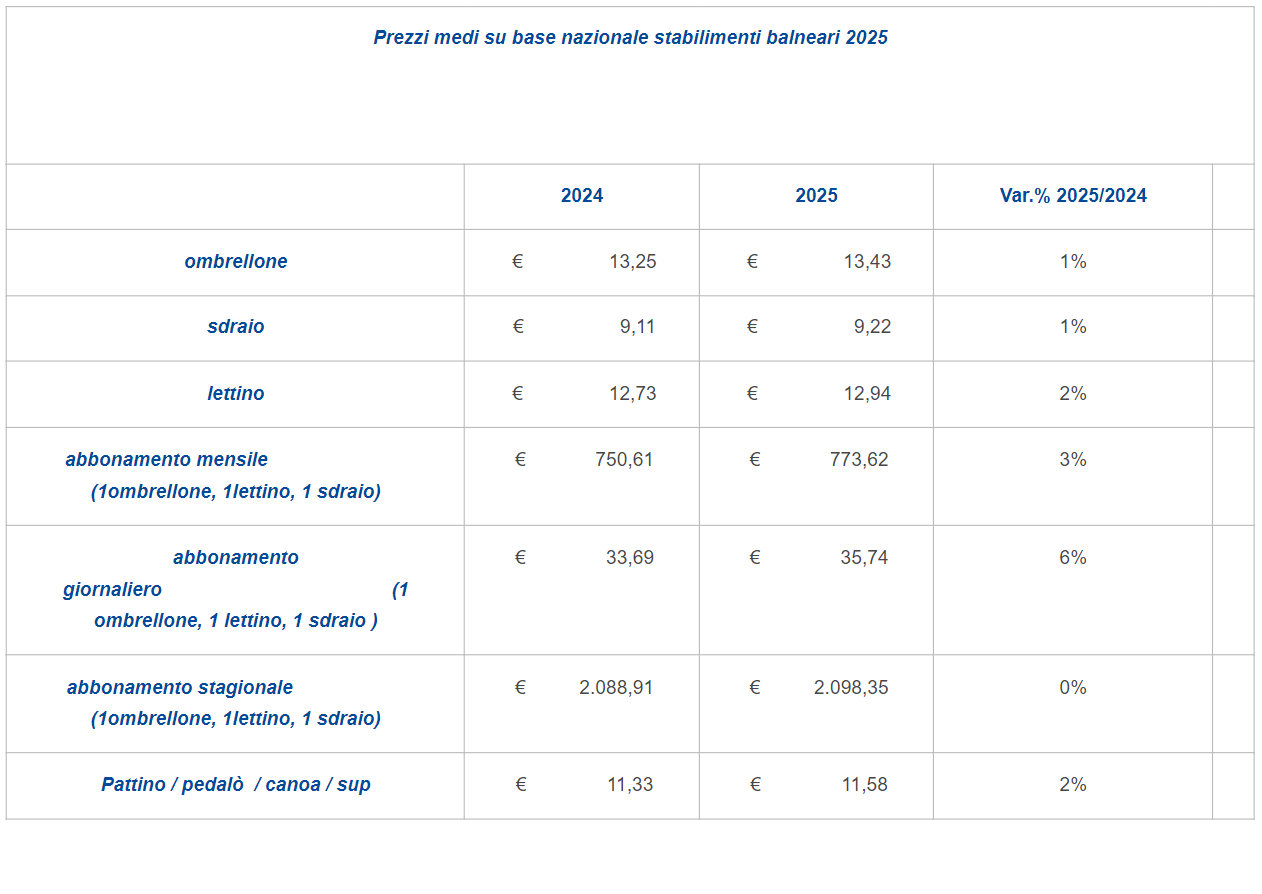Intestinal microbiota, its imbalances can cause neurosviluppo disorders: this is how the intestine « speaks » with the brain

The study, published in Cell Reports by Italian and German researchers, investigated the deficiency disorder of CDKL5, rare and serious genetic disease that mainly affects girls. By modifying the intestinal microbiota, the quality of life of patients could improve and enhance the effectiveness of other therapies
The CDKL5 deficiency disorder (CDD) is a rare and serious genetic disease that mainly affects girls, causing encephalopathy, epilepsy drug-resistant, serious delays in motor and cognitive developmentAnd visual problems. To date, the therapies have focused mainly on the brain, but an unexpected turning point could come from a study coordinated by the School Sant’Anna di Pisa and published in the magazine Cell reports: for the first time it was demonstrated as one imbalance in the intestinal microbiota (the set of bacteria that populate our intestine) has a causal role in Some neurological symptoms of CDKL5 deficiency disorder.
«It was surprising to discover such a narrow and causal bond between the intestine and the neurological manifestations in this disease. Looking at the intestine to understand and treat a brain disease is no longer science fiction »he says Paola Togniniresearcher at the Health Science Interdisciplinary Center of the Sant’Anna di Pisa school and coordinator of the study.
The treatments on the microbiota improve neural responses
The research analyzed model subjects for the CDD, discovering that The composition of their intestinal microbiota was deeply different from that of healthy subjectsespecially in the youth stages of development. But the research went further. Administering antibiotics against the microbiota « Altered », a clear improvement of neuronal responses and behavior in sick subjects.
During the experiments conducted in the laboratory by Francesca Damianidoctoranda del Bio@SNS laboratory of the Superiore Normal School And the first author of the study, the intestinal microbiota of the CDD models in healthy models was transplanted. Surprisingly, the healthy models that received the « sick » microbiota have started to develop some of the typical symptoms of the CDD. This is the direct proof that the altered microbiota is not only a consequence of the disease, but actively influences its neurological symptoms.
Probiotics, microbotic transplant and diets
«Our data suggest that The alterations of the microbiota are not a simple side effectbut play an active role. This offers us a completely new target: modulating the intestinal microbiota, for example with targeted probioticsspecific diets or even microbiota transplantationwe could be able to improve the quality of life of patients and enhance the effectiveness of other therapies, « he explains Paola Tognini.
The collaboration with Normale, Unipi, Cnr and Max Planck Institute
Maria Grazia Giuliano (SSSA), Elena Putignano participated in the study of the Institute of Neuroscience of the CNR of PisaAndrea Tognozzi, learning of theUniversity of PisaSara Cornuti (SNS) and Tommaso Pizzorusso, director of the Bio@sns laboratory of the upper school. The analysis in the different models took place thanks to the collaboration with Vera Kalscheuer and Vanessa Suckow of the Max Planck Institute in Berlin.
Expand the investigation into interconnected systems
«Despite our long experience in the study of the CDD – he says Tommaso Pizzorussofull professor of Neurobiology at the Upper Normal School – this research has opened our eyes. For the first time we had a clear test of how limiting it is to focus on a single body for the study of diseases. It is essential to expand the perspective and investigate systemic interconnectionslike the intestine-cervello, to fully understand the causes and manifestations of neuropsychiatric diseases ».
This study developed thanks to the interaction and economic support of patients’ families, gathered in the association CDKL5 together towards the treatment: a synergy that underlines the importance of the link between research and patients.





:format(webp)/s3/static.nrc.nl/images/gn4/stripped/data133399265-86d73b.jpg)

